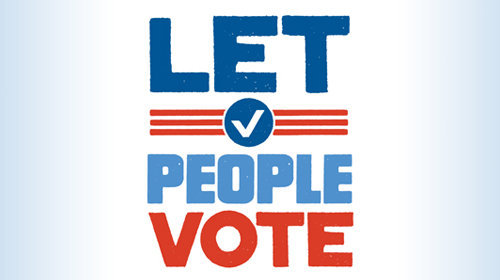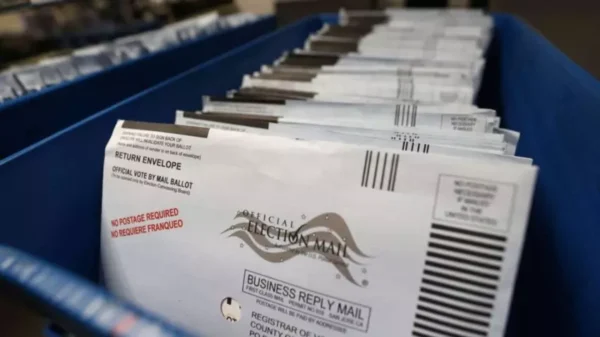History Repeats Itself: Why Is South Dakota Denying American Indians an Equal Opportunity to Vote?


Every election, South Dakota voters have 46 days when they can vote early, which makes it easier for people to take part in our democracy. But the rules appear to be different for American Indian voters living on reservations in the state—at least according to recent actions by the South Dakota's Secretary of State, who is stonewalling a request for early voting sites in three American Indian communities.
Officials in Shannon County, which is home to the Pine Ridge Indian Reservation and has a population that is 92 percent American Indian, planned to offer only six days of early voting. For the other 40 days, voters would have to travel up to three hours for the nearest early voting location. This created a significant hurdle for voters for whom arranging and paying for transportation would be no small feat—you see, Shannon County is one of the poorest areas in the country where over half of the residents live below the poverty line.
After county residents sued over this clear disparity in voting opportunities, Secretary of State Jason Gant relented. Until 2019, South Dakota will use federal Help America Vote Act funds – designed, as you might imagine, to help Americans vote – to set up early voting locations within Shannon county for the full early voting period.
Fast forward to 2013—different counties, same problem. With the help of voting rights group Four Directions, three tribes (the Cheyenne River Sioux Tribe, the Crow Creek Sioux Tribe, and the Oglala Sioux Tribe) asked for registration and early voting sites near where members actually live so that some voters would not have to drive upwards of 80 miles round-trip just to be able to cast a ballot.
But when the counties (Dewey, Buffalo and Jackson) requested help from the state to offset the cost, Secretary of State Gant essentially refused to release the money. Never mind that the money would come from very pool of funds Gant just agreed to use in Shannon County—the one intended to help Americans vote. These counties, like Shannon County, are predominantly American Indian. In addition, 30-40% of residents also live below the poverty line, as compared to 14% statewide.
Today we sent a letter to the Department of Justice, asking it to investigate this likely violation of Section 2 of the Voting Rights Act, which prohibits policies that have a discriminatory impact on minority voters. A key factor when analyzing Section 2 claims is evidence of historic discrimination against a minority group that affects its ability to participate in the democratic process. And there is evidence to spare in South Dakota.
Even though a federal law granted full citizenship to American Indians in 1924, South Dakota law barred American Indians from voting until the 1940s. Eventually the state repealed this law, but still prohibited residents of "unorganized" counties (which all happened to be overwhelmingly American Indian) from voting until the 1970s and from holding county office until the 1980s. These are in addition to countless other barriers, like placing registration offices far away from reservations; designing redistricting plans to weaken and undermine American Indians' voting power; and, as at least one court found, intimidating American Indian voters by being "unhelpful to hostile" or leveling unsubstantiated accusations of fraud.
Gant's actions are merely the latest in a disturbing, persistent pattern of discrimination throughout Indian Country. In North Dakota, only after a lawsuit, Benson County reversed its decision to close all polling locations on the Spirit Lake Reservation. In an ongoing case in Montana, three tribes are asking for satellite offices for late registration and in-person absentee voting so that they will not have to travel over 100 miles roundtrip to cast a ballot.
South Dakota should be doing everything in its power to encourage participation from all eligible voters instead of playing games with this sacred right.
Learn more about voter suppression and other civil liberty issues: Sign up for breaking news alerts, follow us on Twitter, and like us on Facebook.
Stay informed
Sign up to be the first to hear about how to take action.
By completing this form, I agree to receive occasional emails per the terms of the ACLU's privacy statement.
By completing this form, I agree to receive occasional emails per the terms of the ACLU's privacy statement.

